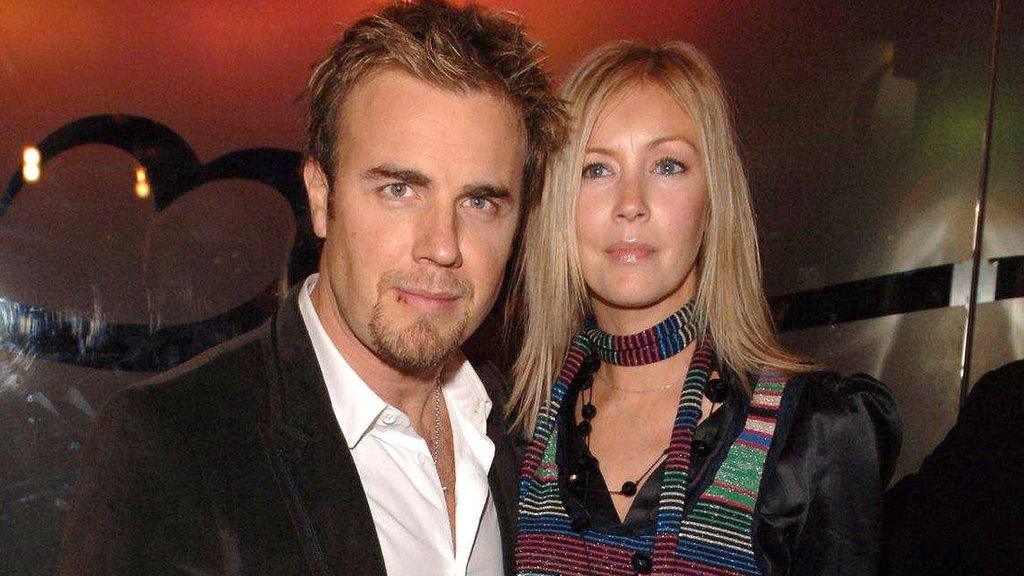Baby deaths: MPs tell of pain and trauma of their loss
- Published
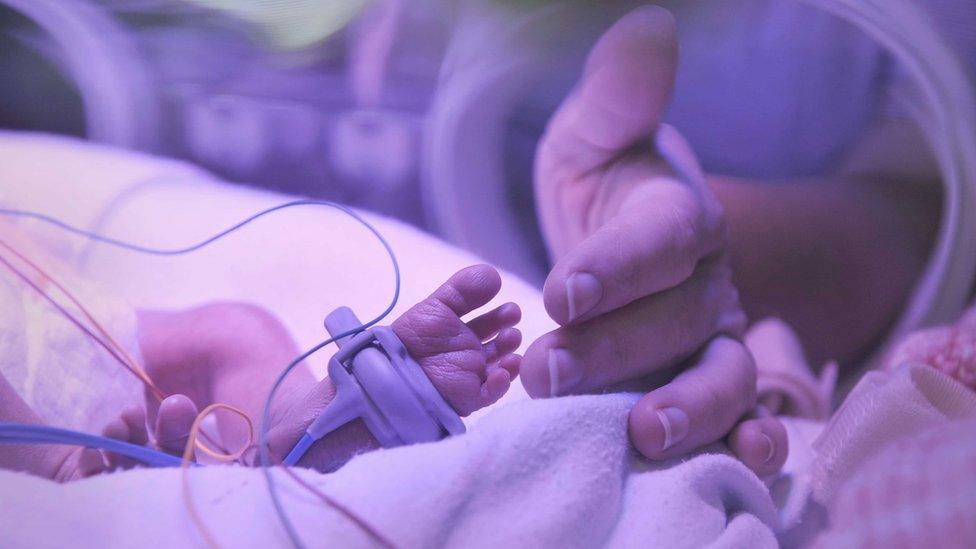
Two MPs who have lost children are spearheading the campaign in Parliament
Two MPs who know the pain and trauma of losing a baby are calling for more support for people affected by stillbirth or neonatal death.
Conservatives Antoinette Sandbach and Will Quince will host a Twitter session on Monday as "Baby Loss Awareness Week" gets under way.
The pair have also arranged a debate in the House of Commons on Thursday.
They hope talking about the issue will help stop other parents from "suffering in silence".
Mr Quince, MP for Colchester, and his wife Elinor had a stillborn son named Robert in October 2014 and will be marking two years since his death on Wednesday.
"We found out something was wrong at our 20-week scan and that he had an incredibly rare condition called Edwards' Syndrome," he told the BBC. "Some babies who have it live for a few weeks, others live for a few years, and some are stillborn.
"We had two options. Continue with the pregnancy or terminate - which is an awful word and would have meant an injection through the mother and into the baby's heart. It was not a hard choice for us, we decided to continue, even though the most likely outcome was a stillbirth."
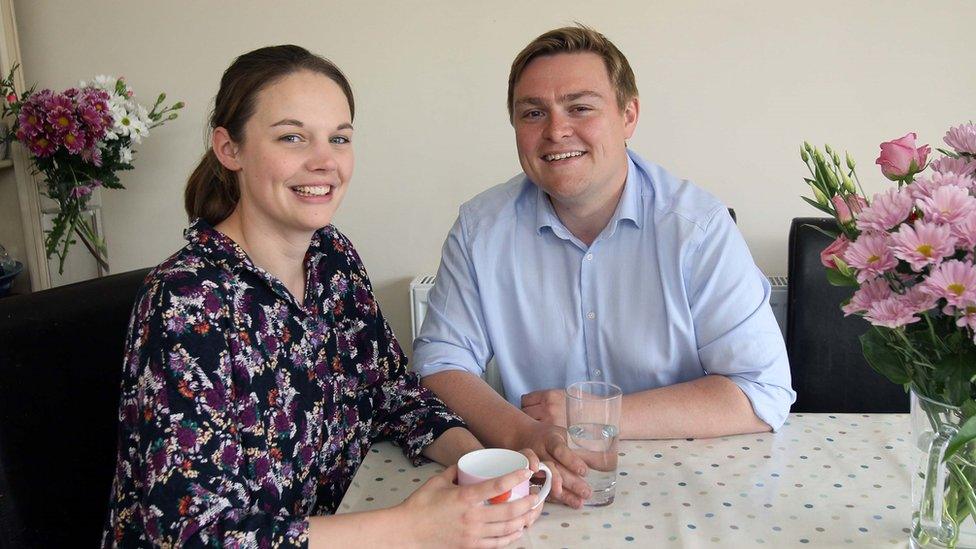
Will Quince MP with his wife Elinor
Robert made it all the way to 40 weeks but died in the last few minutes of labour, which was heartbreaking for the family.
"It is a traumatic thing to go through," said Mr Quince. "For a woman to give birth to a lifeless baby and for the father who watches it happen, it is a horrific ordeal."
He co-chairs the All-Party Parliamentary Group on Baby Loss with Eddisbury MP Ms Sandbach, who lost her son Sam five days after he was born in 2009.
She thanked the public for their support last year after she spoke about her experience in Parliament and broke down into tears.
Conservative MP Antoinette Sandbach breaks down in tears as she recalls the night her five-day-old child died.
"The night my son died, I awoke to find him not breathing," she said. "Arriving at hospital, looking at a flat line in the ambulance for over 20 minutes, a crash team was waiting for me, but it was too late.
"Staff at the hospital were wonderful but I found myself in a plain room with questions being asked at me."
It was leaflets handed to her at the hospital with numbers for a local charity, the Chrysalis Trust, that helped her through.
"This week and the debate in Parliament is hugely important," said Ms Sandbach. "It can often be very isolating, as family and friends don't know what to say. We need to talk about the issues."
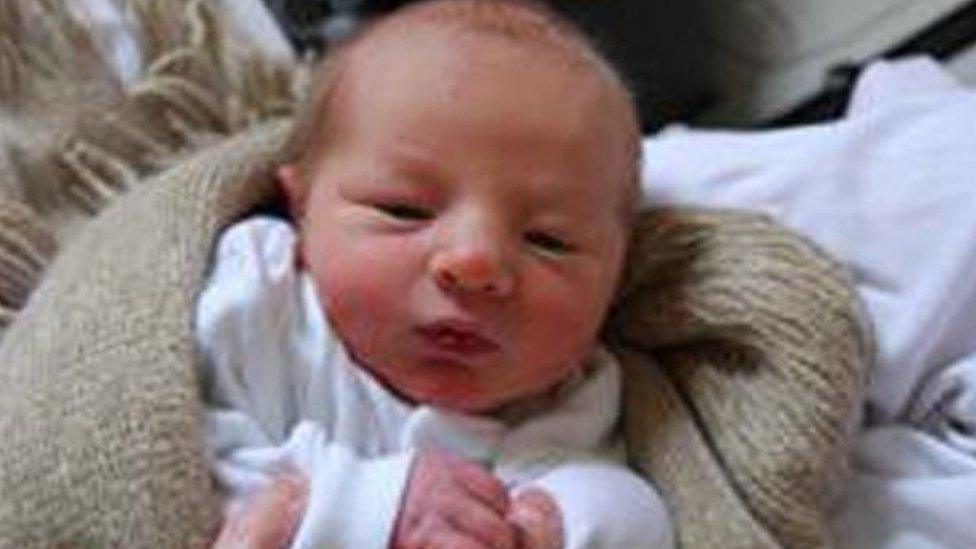
Ms Sandbach's son Sam
Both MPs now want more help for families who go through a stillbirth or neonatal death, and for the public to talk about it in the hope of stopping those deaths that are avoidable, as well as bringing more comfort to the bereaved.
"The sad case is around half of stillbirths are preventable," said Mr Quince. "That is 2,000 babies a year. That is 2,000 families who don't have to go through this. And we have one of the best healthcare systems in the world.
"The government has pledged to cut the number of these preventable deaths by 2020 and halve it by 2030 and are putting the money in to help. But there is the issue that care isn't consistent across NHS trusts."

Key statistics on stillbirth and neonatal deaths
In 2013, one in every 216 babies delivered in the UK was stillborn
Contrary to common perception, major birth defects account for fewer than 10% of stillbirths
In 2013, one in every 370 babies born in the UK died in the first 4 weeks of life
In around one in three stillbirths the exact reason for the baby's death is unclear and the death is described as 'unexplained'
One-third of stillborn babies - around 1,200 babies every year - die after a full-term pregnancy
If you need support after the loss of a baby, you call call the Stillbirth & Neonatal Death charity on 020 7436 5881 or email helpline@uk-sands.org

'Wave of Light'
The organisers of the campaign have urged the public to get involved on Saturday by lighting a candle at 19:00 BST for an hour to remember all the babies who have died, calling it a "Wave of Light".
Dr Clea Harmer, chief executive of Sands, said: "Baby Loss Awareness Week is chance for bereaved families to unite in remembering their precious babies which we hope will help them feel less isolated and alone.
"It's fundamental that we raise awareness of the issues surrounding baby loss and infant death and push for changes in practice across the UK.
"The support of the All-Party Parliamentary Group on Baby Loss and their commitment to both raising these issues and helping to change policy is invaluable."
- Published25 May 2016
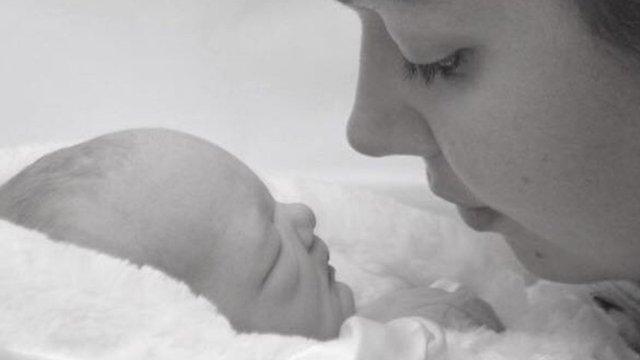
- Published28 June 2015
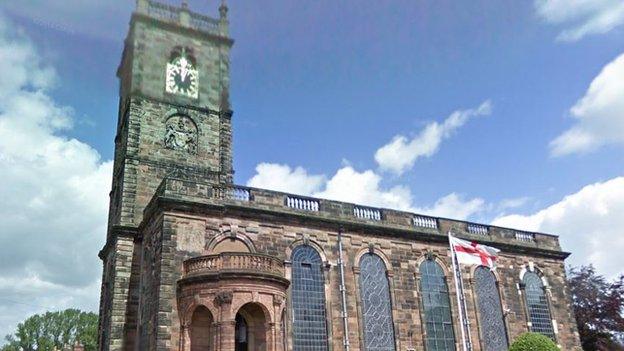
- Published6 August 2012
